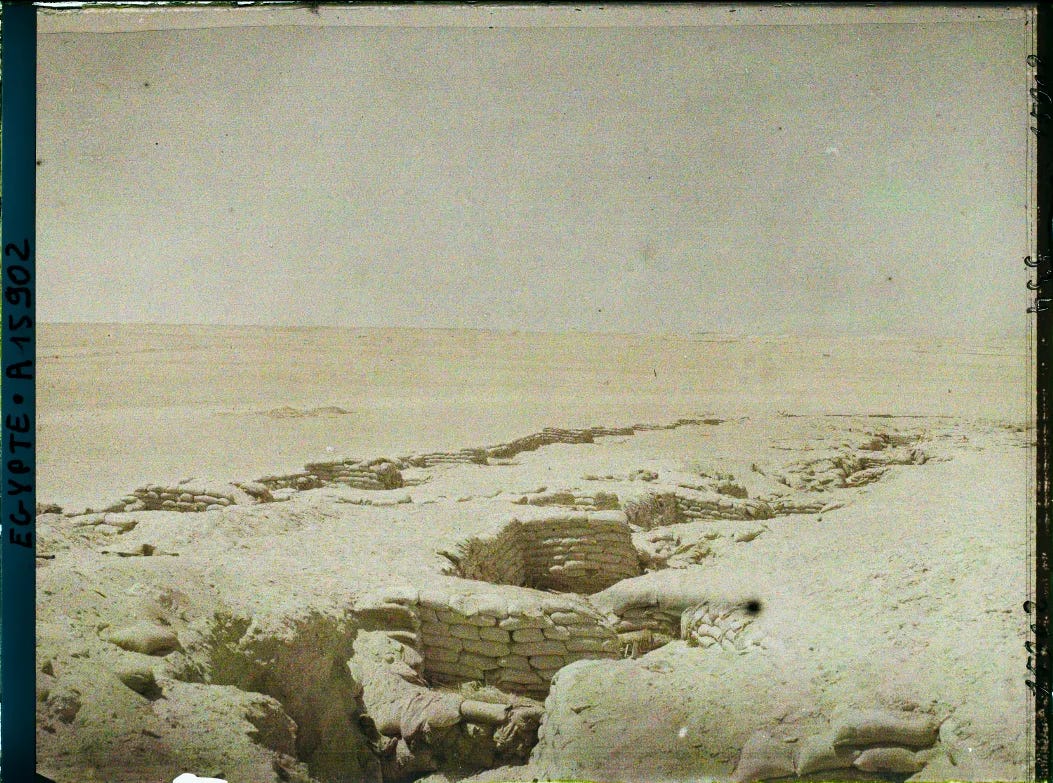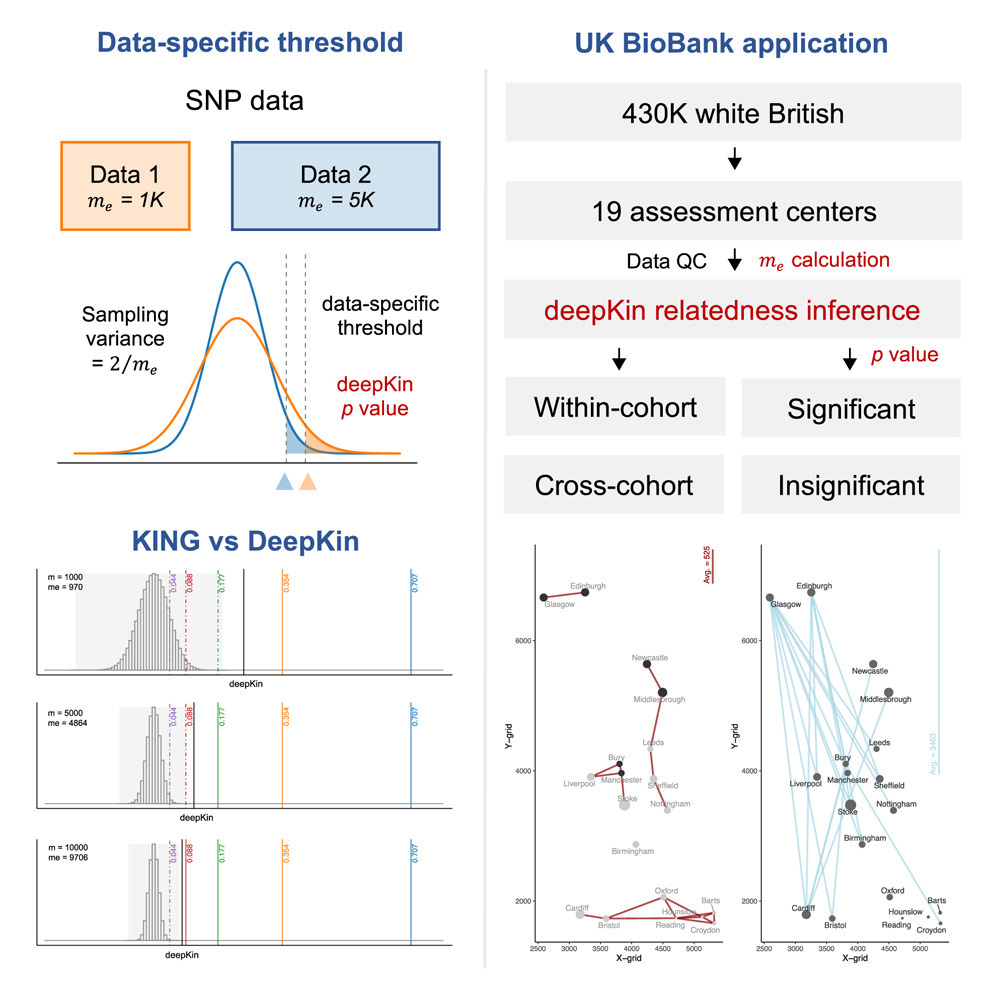
Climate change, nuclear winter, and stratospheric aerosol injections

Climate change, nuclear winter, and stratospheric aerosol injections
Seit dem Antritt der Bundesregierung unter Kanzler Merz werden Asylsuchende an deutschen Grenzen zurückgewiesen. Der Beitrag zeigt anhand der Weisung des Bundesinnenministers, dass immer noch eine intensive Auseinandersetzung über die Geschichte des Sommers der Migration 2015 stattfindet. Dies hat auch Auswirkungen auf Europa. In den Jahren vor 2015 war die Welt noch in Ordnung.
Dave Hone and me with a Sinclair brontosaur somewhere in Utah, back in May of 2023. I started my recent UK adventure in the city of London, where my son and I stayed for a couple of days with my friend and colleague Dave Hone and his partner Connie.
What do your students know ? What can they actually do and what approaches can students develop to solve challenging problems? The KSA framework from arm.com aims to map out the knowledge, skills and abilities that students (and employees) require to succeed as technical professionals. Join us on Monday 6th October at 2pm GMT to discuss this framework its authors.

Biobank-scale relatedness estimation, SNP calling and phasing with long RNA-seq reads, predicting expression-altering promoter mutations with DL, cross-species filtering for comparative genomics, ...
There is still time to register for the United Kingdom and Ireland Computing Education Research UKICER.com conference. If you are interested in attending, please register at epay.ed.ac.uk. Also, please consider distributing this invitation to your colleagues colleagues.
We are pleased to invite you to submit a paper or workshop proposal to Computing Education Practice conference: CEP 2026. CEP 2026 is the tenth conference in computing education practice. CEP provides an opportunity to discuss with like-minded people the challenges and opportunities that face us, and how these are changing.
We are pleased to announce The Rest is Teaching: A Computing Education podcast for researchers and practictioners, which launched at UKICER.com in Edinburgh. In this podcast we’ll meet people who are changing the way we teach Computer Science from school through to University and beyond. What is Computer Science anyway?
As we welcome the third cohort of the rOpenSci Champions Program, our second cohort has now completed the second phase of the program.In this article, we share each Champion’s project, their achievements, and their outreach activities. 🔗Champions’ Projects In their applications Champions choose to develop a new package or to participate in the review process as authors or reviewers.

(in progress :) The popular ACS First Disclosure sessions have been blogged about here before, for example most of the 2022 compounds were curated into GtoPdb. From the stringent curation standards this database is renown for, GtoPdb does not typically process entries without a citable publication with explicit in vitro activity data. However,
Arturo Souto , DR © Tinta y acuarelas sobre papel Esta es una reproducción digital, con fines de divulgación, de una obra original, todos los derechos de autor y reproducción están reservados por el coleccionista.